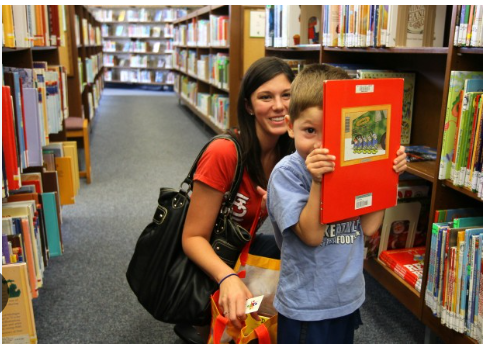Number of Fellows per Rotation: 1-2

Length of Rotation: 1 half day per week for 10.4 weeks
Time of Rotation: Second year
The goal is to provide the fellow with an understanding of the factors affecting consultation in a school setting or related to optimizing child function in a school environment. Adequate consultation in a school setting hinges on understanding the uniqueness of the school environment.
Objectives
To develop competence in the following areas:
The fellow will learn consulting skills at the schools within the St. Louis County Special School District.
- Understanding presentations of functional impairment in school settings, including behavioral and educational difficulties.
- Observing and interpreting family relationships and teacher-child relationships, and their relevance to the presenting problem.
- Understanding how psychiatric symptomatology can be exacerbated or moderated by the school environment.
- Work effectively with the professionals involved in teaching.
The fellow will gain medical knowledge through supervised clinical activities, mandatory divisional didactics, and supervised reading of pertinent or related literature.
- Understand specific learning disabilities and their relationships to behavioral disorders.
- Develop concepts of psychiatric presentations in a school context.
- Understand the academic and social implications of various psychiatric disorders, including ADHD and depression.
In addition to supervised clinical activities and self-initiated and suggested readings, the fellow will participate in one-on-one supervision by an attending faculty member and other divisional supervision, including individual and team supervision.
- Continuing to appraise oneself of current knowledge concerning the pathogenesis and etiology of psychiatric disorders, in particular as they relate to school functioning and outcomes.
- Becoming familiar with models of school consultations.
- Understand the structural and organizational aspects of the school or school systems.
- Gaining knowledge of special education laws.
- Appreciate the pros and cons of 504 plans and Individualized Education Programs (IEPs).
The fellow will demonstrate sensitivity and compassion to children, adolescents, and their families/caretakers affected by psychopathology and will continue to develop relationships with other professionals or professionals in training, including supervisors, colleagues, students, and allied professionals.
- Developing intra-professionally by managing their emotional reactions to youth psychopathology and the attitudes of other professionals towards youth psychopathology.
- Convey information, both written and especially oral, as clearly as possible without the use of jargon.
- Demonstrate a commitment to continued professional development.
- Perform a consultation that respectfully addresses the specific questions posed by the school teacher, school counselor, or school administrator.
- Appreciate the professional role of the consultant versus the primary provider.
The fellow will effectively communicate with patients, their families, teachers, counselors, and administrators.
- Speak with and obtain a history from school personnel.
- Tailoring communication to the needs of school professionals.
- Respectfully appreciate that the teaching of children with psychopathology can be anxiety-provoking to non-mental health professionals.
- Understand the roles of other professionals, including teachers, special education teachers, aides, school psychologists, school counselors, school nurses, and principals.
- Understand the constraints of the systems within which these other professionals operate.
- Understand the limitations of community mental health care for children and its impact on psychiatric presentations in a school setting.
Measurement of Objectives
- Feedback from other professionals
- Standard program evaluations
- Clinical Skills Exams